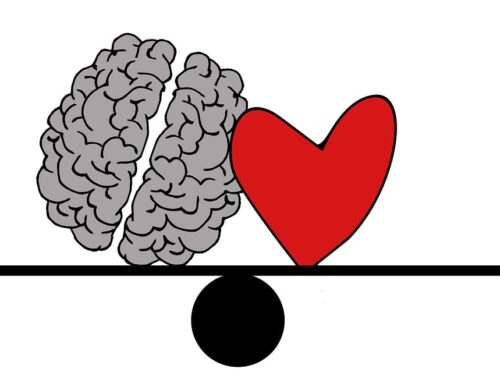In an era characterised by technological marvels and constant connectivity, it’s evident that phone addiction is taking a toll on us, especially our mental health. I see the impact of excessive smartphone use on adults and also on the development of children. In this piece, we will look into the dangers of phone addiction and explore its profound effects on our mental well-being and the growth of our younger generation.
First, we all love our phones, which are a more essential part of our lives than they ever were. They offer convenience, entertainment, information gathering and a means of staying connected, and to they pose significant risks. One of the most pressing concerns is the addictive nature of smartphones. The constant notifications, the allure of social media, and the instant gratification they provide lead to compulsive use. Like substance abuse, this addiction can disrupt our daily routines, interfere with work or school, and strain relationships.
From a mental health perspective, phone addiction can exacerbate existing issues such as anxiety and depression. Endlessly scrolling through social media feeds often invites unhealthy comparisons, fostering feelings of inadequacy and low self-esteem, feeding an already unreal view of ourselves and the world. The fear of missing out (FOMO) induced by seeing others’ seemingly perfect lives can be mentally exhausting. Also, the blue light emitted by screens can disrupt sleep patterns, leading to sleep disorders, which, in turn, can contribute to mood disturbances and cognitive impairments.
I have become aware of lesser-known aspects of phone addiction. One of these is the concept of “phantom vibrations.” Some people experience the sensation of their phone vibrating in their pocket or purse, even when it hasn’t. This phenomenon can create a heightened sense of anxiety and a constant state of alertness, contributing to stress and overall unease. It’s a subtle yet impactful reminder of how deeply ingrained our phones have become in our daily lives, even affecting our physical sensations.
Another less recognised aspect is the psychological toll of digital clutter. Our smartphones are often filled with countless apps, emails, and notifications, leading to a sense of overwhelm and cognitive load. This digital clutter can distract us from important tasks, make it difficult to focus, and create a constant sense of busyness. As a result, our mental bandwidth is perpetually occupied, leaving little room for relaxation and genuine mindfulness.
The impact of phone addiction is even more alarming when considering its effects on children and adolescents in this crucial stage of their development. Today’s children are growing up in a digital age where smartphones are readily accessible. While technology can offer educational benefits, excessive screen time can be detrimental to their physical and mental development; as stated in the previous paragraph, it feeds anxiety and creates unrealistic expectations of themselves and the world in their young minds. The constant stimulation from screens can impede the development of crucial social skills, such as empathy and face-to-face communication. Children can become isolated, preferring virtual interactions over real-world connections, which diminishes their exposure to human interaction and the opportunity to develop resilience.
Furthermore, excessive smartphone use during childhood and adolescence could hinder academic performance. The constant distractions and reduced attention span make it challenging for young minds to concentrate and absorb information effectively, creating an ADHD type behaviour; this can lead to lower grades, decreased motivation, and a diminished sense of accomplishment, potentially setting them up for a cycle of academic stress and underachievement.
As a mental health professional, I urge parents and guardians to monitor their children’s screen time. Establishing healthy boundaries and promoting a balanced lifestyle that includes outdoor activities, face-to-face interactions, and creative play is essential. It is equally crucial for us as adults to reflect on our smartphone usage patterns and take steps to curb addictive behaviours. Limiting phone use is vital to combating our phone addiction and safeguarding our mental health.
I often recommend some strategies to help individuals regain control over their smartphone usage:
Setting clear boundaries is essential. Designate specific times and places where phone use is allowed and enforce these boundaries. Consider creating “phone-free zones” in your home, such as during meals or in the bedroom before bedtime.
Turning off non-essential notifications can help reduce the constant urge to check your phone. Gradually increasing the time intervals between checking messages or social media can also be beneficial. Finding alternative activities to fill the void left by reduced phone use, such as reading, exercising, or pursuing hobbies, to give life more variety.
Seeking support from friends, family, or a professional to provide accountability in your journey to limit phone use.
Taking the time to declutter your digital life by organising apps, unsubscribing from unnecessary emails, and customising notifications can positively impact mental clarity and overall well-being.
Remember, the goal is to regain control over your digital life and create a healthier balance between the virtual and real world.
The dangers of phone addiction are clear and present, affecting both adults and children alike. We must acknowledge these dangers and work collaboratively with people and families to address and mitigate the adverse effects. By raising awareness, providing guidance, and fostering healthy tech habits, we can strive to create a more balanced and mentally resilient society that cherishes human connections over digital distractions and values the well-being of our future generations.
.









